My Teaching Philosophy
Effective teaching requires creative thinking, hard work, and a nurturing spirit. Great teaching is not easy, but yields unparalleled rewards. Wonderful teachers have shaped my own life, and I hope to provide the same inspiration for students for many years to come. There are several principles I feel are essential for providing students with a quality education.
Teach material that is meaningful. Teaching isolated and disconnected facts leads students to memorize, then quickly forget. Teaching concepts in meaningful contexts allows students to learn more deeply and transfer information to new situations and settings. There is certainly not enough time during undergraduate study to teach trombone students everything they will need to know in their careers. It is possible, however, to teach students to apply sound principles of musicianship to work within a variety of performance situations and instructional opportunities. Providing students with many opportunities to practice applying principles in multiple contexts helps them deeply incorporate those principles in their own thinking and behavior. Opportunities for solo performances and chamber music as well as encouraging students to take auditions and enter competitions can help to achieve this goal.
Create a supportive, yet challenging classroom environment. It is essential to convey respect and kindness to all students. My students know I support them, regardless of their grade point average. When students feel supported, they are more likely to take risks and accept new challenges. All musicians encounter obstacles in their careers at some point and endure challenges that are new and unexpected; support is especially important in these situations.
Teach students to be critical self-evaluators. I work to create a studio environment in which students willingly accept criticism. I provide many opportunities for students to share their progress through performance, even if they are not fully refined. Through open discussions of individual students’ work, my students become accustomed to evaluating themselves and others. Just as there is not enough time in music performance, music education, or music therapy curricula to teach everything required for a successful career, there is not enough time to give students feedback about all aspects of their skills. Students need to become effective at evaluating their own skills so they can continue to grow throughout their career as a musician.
I find it challenging and exciting to teach using the principles that characterize quality learning experiences. It is a privilege to offer future generations all that I have gained from my own exemplary teachers. My intent is to provide a trombone studio with the tools necessary to become confident, talented, and respected musicians, educators, and therapists.
